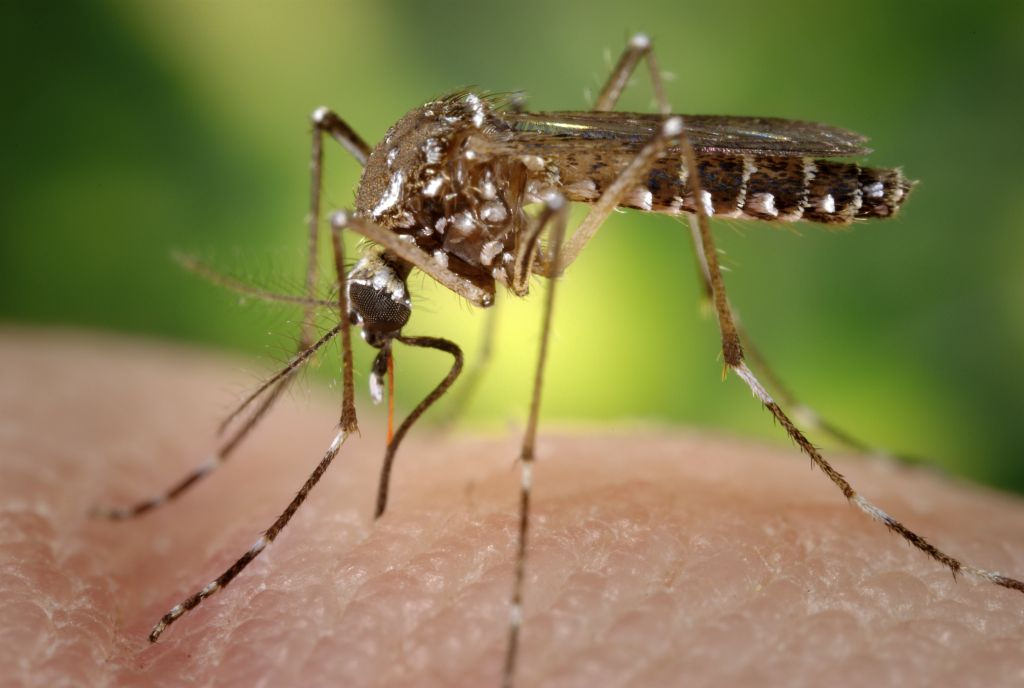
Aedes aegypti mosquito // Photo Frank Hadley Collins, Dir., Cntr. for Global Health and Infectious Diseases, Univ. of Notre Dame
Message to the University of Manitoba community about the Zika Virus
The following is a message from Susan M. Gottheil, Vice-Provost (Students).
As some members of the University community may be traveling to areas in which there is concern about possible exposure to the Zika virus, this message is intended to provide you with the latest advisories from Manitoba Health, Healthy Living and Seniors (MHHLS), the Public Health Agency of Canada (PHAC), and the World Health Organization (WHO).
Zika virus infection is of concern because of increasing evidence that it is a cause of Guillain-Barre syndrome, birth defects (i.e. microcephaly), and other neurological disorders.
Considerations prior to traveling:
- It is recommended that pregnant women avoid travel to affected areas and those women attempting to conceive should delay travel to areas where the Zika virus is circulating in the Americas. If travel cannot be postponed, then strict mosquito bite prevention measures should be followed to protect themselves against bites.
- As symptoms of Zika infection can mirror those of influenza, travelers are strongly encouraged to obtain a seasonal vaccination prior to departure.
Considerations upon returning:
- Abstinence or condom use is recommended for two months for women and six months for men upon return from an affected area given increasing evidence regarding the role of sexual transmission of the Zika virus.
- Pregnant women with a history of travel to or residence in area affected by ongoing Zika virus transmission should consider condom use or abstinence for the duration of their pregnancy.
- Pregnant women with a history of travel to an area currently impacted by the outbreak who report two or more of the common symptoms during travel or within two weeks after returning should be tested for ZIKA virus infection.
- Testing for the Zika virus is now available in Canada. However, due to limited capacity, priority will be given to pregnant women, both symptomatic and asymptomatic with a relevant travel history.
How can I reduce the chances of Zika virus infection?
Prevention is key. Travelers to outbreak regions should use appropriate mosquito repellants, such as those containing DEET or Icaridin, wear protective clothing, and use bed nets. Every effort should be made to keep mosquitoes out of living areas by ensuring doors are closed, window screens are in good repair and using air conditioning. Given increasing evidence of sexual transmission, abstinence or condom use is recommended upon return from travel to an affected area.
Here are some links with additional information:
Manitoba Health, Healthy Living and Seniors
Public Health Agency of Canada
Local sources for general information about Zika virus infection:
Health Links 24-hour phone line at 204-788-8200 or toll-free 1-888-315-9257 or visit http://www.wrha.mb.ca/healthinfo/healthlinks/ with any questions or concerns.
University of Manitoba Health and Wellness Educator (Katie Kutryk, RN BN) for information at 204-295-9032 or visit http://umanitoba.ca/student/health-wellness/welcome.html
University Health Service, 105 University Centre, 204-474-8411. http://umanitoba.ca/student/health/uhs_appointments.html






